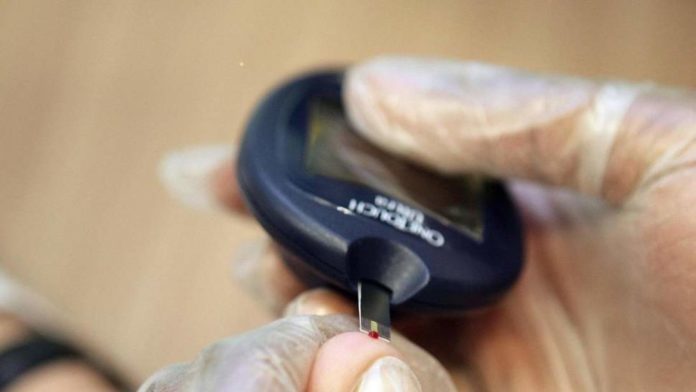Diabetes is believed to be a silent killer by medical professionals across the world. Even a single indicator showing the onset of the disease is a cause for concern. It is a disease that can be inherited but can also be acquired because of an unwholesome lifestyle.
It is a commonly known fact that India is the diabetes capital of the world. With every passing year, more and more people are falling prey to this dangerous, life-threatening disease. Besides causing fluctuation in sugar levels, diabetes can also sprout various other health problems. One such issue is wounds.
Diabetes is a disease related to ageing and mostly afflicting those above 65, diabetics often develop lacerations on their feet that are very hard to heal owing to poor blood circulation. In cases of major infections which are not healing a decision to amputate may have to be taken.
Amputation is the term given to the severance of a limb, or part of a limb, from the rest of the body. Amputations above or below the knee are termed major. Minor amputations involve partial removal of a foot, including toe or forefoot resections .
Amputation is performed on patients with advanced critical limb ischaemia who cannot be treated with reconstructive vascular surgery to restore blood flow to the leg or in whom vascular surgery has failed, for patients with diabetic foot infections, extensive venous ulceration or following major trauma.
Information released during a national conference on diabetics held in Mumbai showed that 85 percent of diabetics suffer from amputations in the course of their life because of want of proper treatment.
Innovators in wound management Madhuri Gore and Dr Sitaram Prasad were among the representatives who attended the national conference organized at Zen hospital on Sunday.The doctors called for a better injury healing health care in the hospitals of the country.
‘Around the globe, about 415 million people are diabetic. However, India has the world’s second largest diabetic population at 69 million. Almost 15 per cent of diabetics develop an ulcer in their lifetime’, said Roy Patankar, Director at Zen Hospital.
“With advanced technology, newer wound care products are helping surgeons to provide optimal benefits to patients. The wound update conference included wound classification and evaluation, wound healing and scar formation. Chronic wounds, infections and wound closure or therapy along with case studies were a part of the panel discussion and conference,” said a joint statement issued by the surgeons at the conference.
As a part of the national faculty, Somprakash Basu and Sunil Kari discussed chronic wounds and wound therapy along with a few case studies. Seven other speakers were a part of the panel discussion.
Diabetic foot ulcer (DFU) is the most common complication of diabetes mellitus that usually fail to heal, and leading to lower limb amputation. Early effective management of DFU as follows: education, blood sugar control, wound debridement, advanced dressing, offloading, advance therapies and in some cases surgery, can reduce the severity of complications, and also can improve overall quality of life of patients especially by using a multidisciplinary team approach.

























